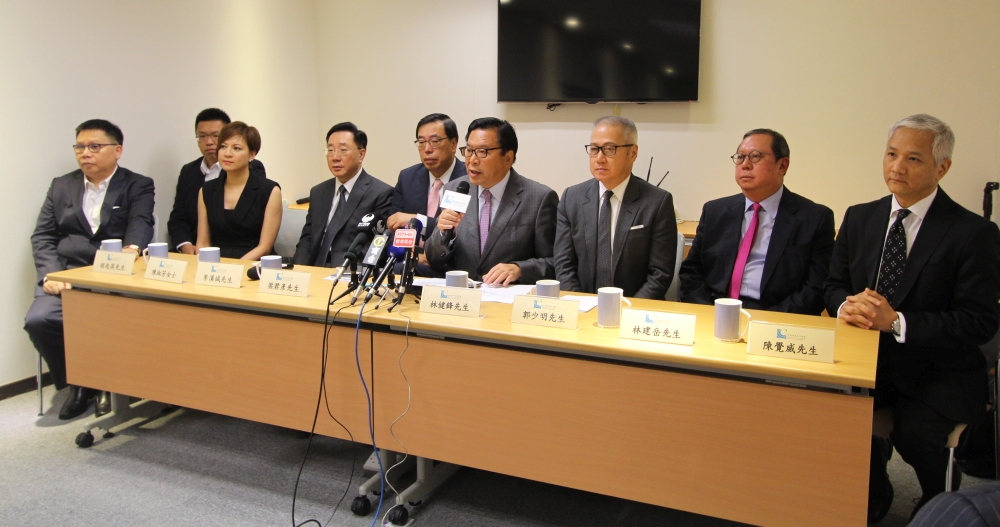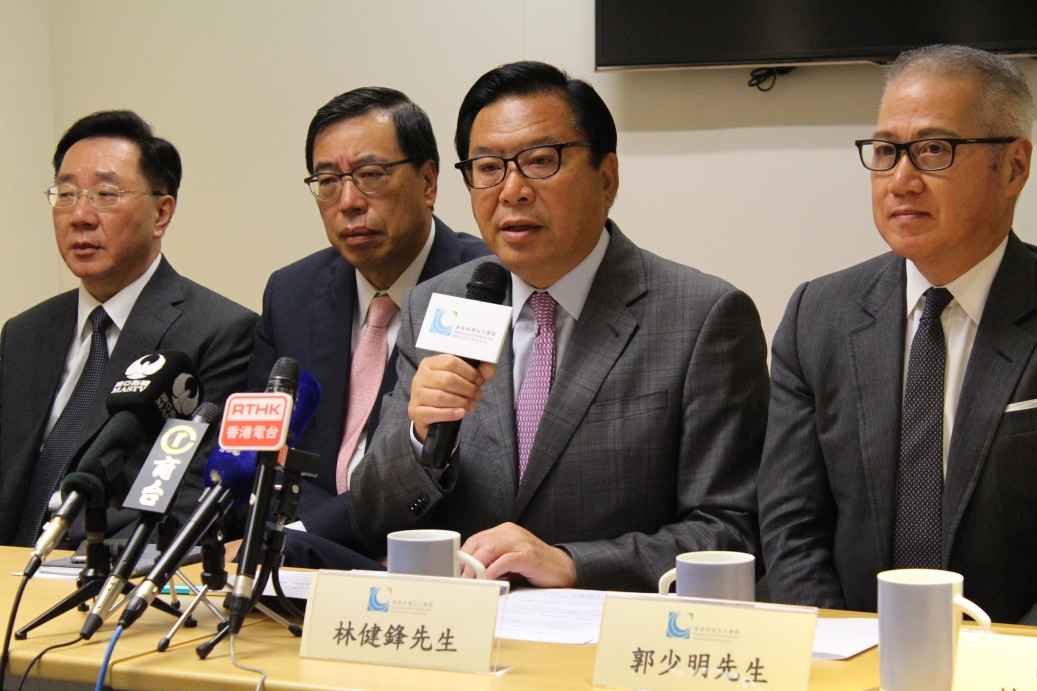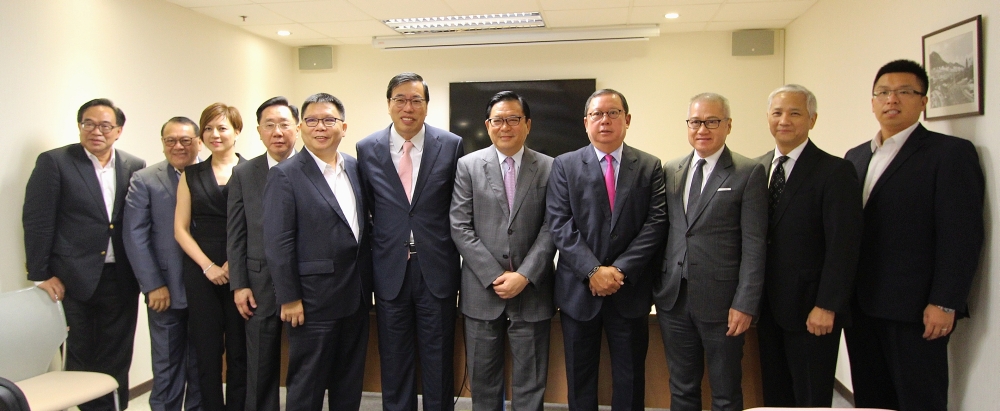
The Business and Professionals Alliance for Hong Kong (BPA) yesterday (September 21) submitted proposals to the Chief Executive on enhancing the 12-year Individual Visit Scheme (IVS) for Mainland tourists. In its submission, the BPA suggested introducing online travel permits for 20 million e-passport holders in Mainland China as a means of attracting more visitors from across the border.
Figures for visitor arrivals in August have seen a significant year-on-year decline of 6.6%, although this is smaller than the 8.4% fall recorded in July. Mainland visitor arrivals dropped 7% in August relative to the same period last year but compared favourably to the 9.8% reduction in July.
The fall in inbound visitor numbers is caused by a combination of factors, which includes weaker currencies in neighbouring Asian countries and indiscriminate actions by anti-parallel trading protesters against Mainland visitors. The BPA believes that the Government and the travel trade must work together to come up with effective strategies to reverse the downtrend in Mainland visitors and to maintain the competitiveness of Hong Kong’s economy.
At a press conference organised today (September 22) by the BPA with representatives from the tourism, hotel and catering industries, the BPA unveiled its widely supported proposals for enhancing the IVS.
It is estimated that about 80 million Mainland Chinese are passport holders and of these, 20 million are e-passport holders.
The BPA has suggested that the HKSAR Government strive for a mechanism, which allows it to participate in the approval of online permits while also taking into account Hong Kong’s tourism capacity. The main advantage of such a mechanism over the existing IVS is in achieving better control over the number of permits issued so as to ensure that this do not exceed Hong Kong’s capacity for hosting visitors.
It is understood that passport holders in Mainland China are usually wealthy and experienced travellers. Mr Jeffrey Lam Kin-fung, BPA Vice Chairman, believes that the BPA’s proposal could tap into the market segment of high quality overnight visitors. In addition, the proposal has the benefit of a broader coverage beyond the 49 Chinese cities already involved in IVS, while bringing convenience and savings to Chinese residents and local authorities.

“Tourism is an important economic pillar for Hong Kong. The BPA urges the Government to work harder in attracting more tourists by improving tourism capacity, hotel planning, visitor facilities and local attractions to strengthen Hong Kong’s economic development. It is also important for the Government to find ways not only to stem the fall in visitor arrivals but to reverse such a trend as well. We cannot afford to resign to ourselves to fate!” said Mr Lam.
Remarking on the downtrend in visitor arrivals from March to July this year, Dr Simon Kwok Siu-ming, Chairman of Quality Tourism Services Association, points out that the proposal to enhance IVS was both feasible and effective in attracting high quality Mainland tourists to Hong Kong. He said that many Southeast Asian countries have already streamlined their immigration formalities by offering visas on arrival or visa free travel to Mainland tourists, and suggests that Hong Kong should also do more to improve its visa approval process.
Mr Victor Chan Kok-wai, Chairman of the Hong Kong Hotels Association, also supports the enhancement plan which offers a higher degree of flexibility to visitors. He notes that visitor arrivals have been decreasing in recent months and the hotel occupancy rate has dropped 3% from January to August on a year-on-year basis.
Mr Michael Li Hon-shing, Executive Director of the Federation of Hong Kong Hotel Owners, warns that “Tourism in Hong Kong tourism is not going through a cyclical downturn but is experiencing a slow but sure demise. The existing situation is completely different from the SARS period in 2003. No one knows the extent to which the current situation will impact Hong Kong and how long it will last.”
Mr Michael Wu Siu-ying, Chairman of the Travel Industry Council of Hong Kong, points out that some Mainland travellers have opted for Korea and Japan because the cities they live in have yet to join IVS. He supports the BPA’s innovative proposal, which should be effective in expanding the market base for tourists from China and in turn benefit Hong Kong.
Ms Jojo Chan Suk-fong, a representative from the catering industry, says that if visitor arrivals should continue to fall the catering industry would suffer and this could imperil jobs in the industry.
Mr James Wong Cheuk-on, a representative from the transport industry, is also worried about the impact of falling visitor arrivals. He says that workers have begun to fret about job security given the labour intensive nature of his industry.
The BPA suggests that the new arrangement can be implemented in parallel with the existing IVS over the short term and urges the Chief Executive to discuss the new arrangement with the Mainland authorities so that the Central Government, HKSAR Government and residents in Hong Kong and Mainland can the reap the fruits of such an endeavour.


 Follow
Follow